Efficient Learning of Continuous-Time Hidden Markov Models with Discrete-Time Irregular Observations for Healthcare Intervention Planning
Saeed Ghodsi
MS, 2022
Wu, Yingnian
The availability of vast amounts of electronic medical records data has inspired an increasing interest in data-driven healthcare intervention planning methods. Disease progression models provide a mechanism for understanding and predicting the impact of interventions on the health state of patients. Most traditional Markovian state-transition models perform poorly on real-world data since they are incapable of capturing complexities such as unobservability of the underlying health state and irregularity of visit times. Moreover, most of the existing frameworks are unable to explicitly model the effect of interventions on disease progression. CT-HMMs have recently attracted attention, as they are able to handle these complexities. Our main contribution is to propose a CT-HMM disease progression model, which incorporates the effect of interventions, and to present an efficient approach for learning the parameters of this model based on the EM algorithm. We demonstrate the effectiveness of our algorithm by performing experiments on synthetic data.
2022

